Episode 1
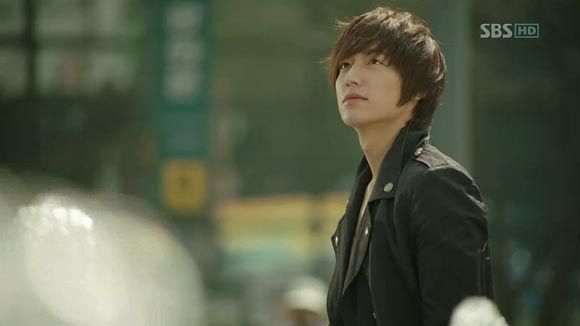
Ooh, I like.
Despite my frequent ribbing of this show, to be honest I was hoping it would be good — the enjoyment of a good show always outweighs the fun of making fun of a bad one. Always. So I was hoping that City Hunter’s pre-show identity crisis was really a case of bad promotional planning than anything else, and I think that’s what it is — because the show itself (so far, anyway) is assured, well-directed, strongly acted, and gripping in the right places.
Regarding the promos: You know what would’ve cleared up a lot of my confusion about the show before it aired? (Well, aside from using the moniker City Hunter, which I still contend is really weirdly applied, since it’s like no City Hunter I know.) If they’d explained, very simply, that the setup is revenge thriller. A straight-up, you-killed-my-father-now-prepare-to-die action-vengeance series. Don’t bother with that extraneous clutter about MIT doctorates and heroines working random part-time-jobs and fashion featurettes and veterinarian side love interests. We’ll get to those when we get to those: The point at hand shoulda been the story, which was ignored in favor of hyping nightclub shoots and idol starlets.
Because you know what? Revenge thrillers are boss, yo. I’m ALL ABOUT them. And when they’re done well, with fantastic charismatic lead actors and an affecting backstory, why muddle up the pre-show buzz with the other stuff?
SONG OF THE DAY
No Reply – “시야” (Field of view) [ Download ]
EPISODE 1 RECAP
We open in October 9, 1983, in Burma, at the Martyr’s Mausoleum in Yangon (Rangoon). The drama incorporates the real 1983 visit of South Korean President Chun Doo-hwan and his cabinet, who arrive just as a bomb goes off, killing sixteen people and completely destroying the venue.
Two agents survive the blast, LEE JIN-PYO (left) and PARK MU-YEOL, best friends and spies in an anti-North Korean unit. In horror, they take in the carnage of their compatriots in the wake of the blast.
Back home, a secret council of five high-ranking government officials receives reports that point to North Korean involvement, and try to decide what to do. The most decisive among them is CHOI EUNG-CHAN (below right, the future president), who leads the group in deciding that this is an act of war and a counterattack is in order.
However, for political reasons that involve South Korean relations with foreign nations, their plans to assassinate North Korean officials in Pyongyang must remain between the five of them. Not even the president will be made aware of this black ops mission.
Choi Eung-chan turns to two of his remaining special agents, Jin-pyo and Mu-yeol, and puts them in charge of this secret task.
Bachelor Jin-pyo tells his friend that he’ll do the mission without him, because Mu-yeol has returned to Seoul a new father: His wife Kyung-hee has just given birth to their son, and they’re thrilled. However, Mu-yeol disregards that, unwilling to leave his friend to this dangerous mission alone, and tells his wife that he’ll return after this job is finished.
The two agents round up a team of men and begin tactical planning on the Pyongyang raid. Choi Eung-chan drops by toward the end of the training period to express his pride in their exemplary work, and promises to put his own life on the line to ensure their safe return: “This is my promise as man to man, as your countryman, as your sunbae.”
The black ops team successfully infiltrates Pyongyang dressed as North Korean soldiers and assassinates their targets efficiently. Mission complete, they make their way offshore to await pickup, which arrives in the form of a submarine.
And yet, at the same time in Seoul, the council of five is informed that the president has taken the official stance that South Korea will not retaliate against the Burma attack. That means they must disavow knowledge of any state-sponsored act of war, but worse yet, in order to tie up loose ends, they must forsake their own. Choi Eung-chan is horrified, because he has sent those men out on an honorable mission and strongly opposes the idea of turning their backs on them. He accuses his colleagues of only caring to protect their own positions of power.
However, it’s not like he has an alternative. To preserve national security and keep from setting off a political powder keg, he has to concede, agreeing to sacrifice those twenty men for the bigger picture.
So when the first of the team climbs up to the submarine deck, hidden snipers open fire. Mu-yeol and Jin-pyo’s teammates are sitting ducks with nowhere to hide, and wiping out the team is a matter of almost literally shooting fish in a barrel.
The sniper turns his rifle to each man in turn, and Mu-yeol sees that he and Jin-pyo are in his sights. He dives to cover his friend with his own body, and shoves Jin-pyo underwater while he’s shot through the back. He finally lets Jin-pyo surface after the sniper is satisfied that there’s no more sign of life in the water and re-enters the sub, which then dives away.
Dying, Mu-yeol tells Jin-pyo to survive and return home to take care of his family. With one last breath — “I loved you, my friend” — he dies.
Jin-pyo cries in grief, and sends his friend into the depths of the water with one heartbreaking salute. He washes ashore, the sole survivor — and now sole witness to the council’s actions.
Choi Eung-chan is the only council member who’s greatly conflicted about this turn of events, and he’s baleful upon receipt of the news that all twenty agents were killed. Perhaps for that reason — because he knew better, but didn’t stand his ground — he’s the one whose betrayal stings the most. He’d vowed so sincerely to bring them back alive, promising on his honor as a man and fellow patriot.
Jin-pyo manages to sneak into his office and corners him with a knife, reminding him of that promise. Choi Eung-chan knows he deserves this reaction, and tells Jin-pyo regretfully to go ahead and kill him. But he’s spared by a knock at the door, and that gives Jin-pyo the chance to slip out the window.
He leaves a note stabbed into Choi’s desk with his knife, which reads: “I vow to repay the cost of the twenty lives betrayed by their own country.”
Next, Jin-pyo seeks out Mu-yeol’s widow Kyung-hee — and when she steps aside, he steals her son. All he leaves her is a note that reads: “Mu-yeol is dead. I’m taking the baby to raise. This child must go away in order for you to be happy. Start anew. You must become happy.”
Kyung-hee sobs and runs out into the neighborhood, but she’s unable to find him or her baby. Jin-pyo flees the country on a boat, where a kindly woman comforts the crying baby while he swears to come back with “the cruelest revenge in the world,” which will become his reason for living.
Ten years later, we find Jin-pyo living in the Golden Triangle in Southeast Asia, which is prime drug-producing territory. Jin-pyo has become a hardened drug boss, ruler of this particular domain with a militia of men under his authority. He’s harsh and unforgiving, and doles out punishment — like a bullet through the heart for stealing drugs — without batting an eye.
He’s also a demanding father to young YOON-SUNG, making sure the boy is taught to shoot and fight. He’s unrelenting in his demands for perfection, drilling it into the boy’s head that the moment he misses a shot through a vital organ, he’s dead.
Yoon-sung bears this grueling regimen without complaint, but the one question that continually presses on his mind is his missing mother. He finds an old photo in Jin-pyo’s desk — one of Jin-pyo with his biological parents — and asks his father if this is his mother, sensing that she is.
Jin-pyo refuses to indulge the boy’s pleas for information, telling him only that his mother is dead. He rips up the photograph pointedly, and Yoon-sung runs out heartbroken.
He looks longingly at a village woman who watches over her son, who sleeps in her lap (the same woman who’d comforted him as an infant on the boat ride over). When she beckons him over, he runs over eagerly and joins her, head resting in her lap.
Despite his upbringing, Yoon-sung grows up to be a playful, mischievous, impetuous youth, as we see when we next meet up with him seven years later.
As a rash teenager, he’s slipped away from the compound — upsetting his father, who worries about land mines — to cruise the village with his buddies. It’s here that he overhears a voice speaking Korean, and looks on curiously at the scene unfolding in a nearby gambling den, where a local gang boss is threatening to kill the Korean gambler.
He sizes up what’s about to happen and interrupts the impending amputation (the Korean man’s hand) by hurling his apple through the window with sniper precision, knocking down one of the minions. The men look out the window to see Yoon-sung boldly smiling up at them, who then hurls another apple, this time into the boss’s face.
Like I said, he’s impetuous, full of that youthful confidence in his own invincibility. He’s motivated partially by sympathy for a soul in trouble, and partially at his curiosity over the Korean — he speaks the language with his father, but he marvels, “You’re the first Korean I’ve ever met.”
He grabs the man and runs through the village streets, managing to escape capture by hijacking a boat. He takes the man — BAE SHIK-JOONG — home with him, which earns him a slap from Dad, who’d warned him never to bring outsiders in. Yoon-sung protests that the guy was about to be killed, and Jin-pyo relents a little, asking if there’s anything Shik-joong’s good at. Thankfully, the man can sputter a response: “Cooking!”
Proving his facility with Korean cooking earns Shik-joong the right to stay, which comes with Jin-pyo’s warning that “If you try to run away, you die.”
Yoon-sung looks curiously at the photo of a pretty girl Shik-joong carries with him, KIM NANA, who he initially presumes is the man’s daughter. But they share different surnames, meaning that for now, her relation to him remains unclear.
Yoon-sung acts as guide to Shik-joong: He acquaints him with things like Jin-pyo’s fearsome sleeping habits (always sitting up, with a gun at the ready) and shows him his now-improved skills at target practice. That’s interrupted by the arrival of his father’s men, who drag along that village woman with them — the woman who’s become like Yoon-sung’s surrogate mother — and tie her to the target for her execution. Her crime: Her husband ran off with some drugs.
Worse yet, Jin-pyo orders Yoon-sung to be the one to shoot her, insisting that his rules be followed to the letter. When Yoon-sung balks, Jin-pyo takes out his gun, ready to do it himself.
Yoon-sung knows he’ll have to bargain his way through this, so he hurriedly proposes a deal — that he’ll do the shooting. But if he manages to accurately shoot all the targets, Dad will relent and try exercising forgiveness, just this once.
Dad agrees, and Yoon-sung prepares himself mentally, then fires. He shoots a few hanging fruit and the wooden target, then throws the gun away angrily, having proven his point.
Lying in his bed, he looks over at the photo of Nana, which he’s apparently taken to talking to. He asks incredulously how he could be expected to shoot somebody he cares about, and muses, “You’re probably off in that place called Seoul, living happily, aren’t you?”
At the same time, a team of gangsters infiltrates the compound, taking out a few guards and making their way to the inner rooms, where the leader spies Yoon-sung lying in bed. This is the gangster he’d saved Shik-joong from, and they’re here for some payback.
Thanks to Yoon-sung’s finely honed battle skills, however, he hears the telltale click of a gun and rolls out of bed smoothly, ducking in time to get Shik-joong under cover before the attackers open fire.
Jin-pyo hears the commotion from a distance — he and his armed men are outside — and races for the house, where the gangsters find Yoon-sung crumpled on the floor. Playing dead.
Yoon-sung waits for his moment, then leaps up and fights back, nimbly evading their attacks and finding safety behind a pillar.
But it’s that woman, his surrogate mother, who fears for his safety and runs toward him to shout a warning. That gets her shot, and his shock is so tremendous that Yoon-sung doesn’t even care about being exposed as he rushes to her crumpled body, sobbing at her to wake up.
He’s about to get shot through the back, not that he cares, when his father arrives and shoots his would-be attackers. Yoon-sung’s grief quickly turns to fury, and he grabs a gun and leaps outside to get his revenge, vowing to kill them all.
He chases the three remaining gangsters through the fields, trying to fire and run at the same time. But when a telltale click goes off under his foot, he immediately stills, recognizing the ominous sound of a land mine being activated by his weight.
Yoon-sung freezes, all the while keeping his targets in his sights, ready to shoot… if only he weren’t out of ammo. His attackers realize their good fortune and raise their guns to shoot him — only to be picked off by Jin-pyo, who’s arrived to save his son.
Jin-pyo quickly gets to work on the land mine under Yoon-sung’s foot, not betraying any fear while Yoon-sung sweats bullets.
Dad gives him a reassuring look — right before he launches himself at him and knocks him out of the way as the land mine explodes.
The blast takes off one of Jin-pyo’s legs, and Yoon-sung carries him home on his back, crying frantically all the while, begging the doctor to help him. Jin-pyo bears the pain stoically and tells Yoon-sung to listen up: If he’s about to die, he has something more important to address, and starts to explain the story of Yoon-sung’s true father.
Yoon-sung listens in shock as Jin-pyo tells him of the man who’d saved his life with his own, who’d been betrayed by his country, whom he’d vowed to avenge, who’d been Yoon-sung’s father. He says in a half-request, half-command: “Put a bullet through the heart of your father’s and my enemy.”
He fades into unconsciousness but survives, and throughout his pain-fueled recovery, Jin-pyo is assailed with flashbacks of his life, begging his friend not to die while also apologizing to his wife.
Yoon-sung finally understands why Jin-pyo had raised him the way he had, and why he’d trained him so fiercely. He contemplates the old photo of his mother that he’d taped back up at some point, now understanding that the other man is his father.
And then he goes to Jin-pyo for more information before committing to this plan of vengeance, and is told that there are five men who must be killed.
Yoon-sung: “And if I kill those five men, will you and I be able to live well again, in a place where nobody knows us?”
(Jin-pyo nods.)
Yoon-sung: “I’ll ask one last thing. Is my mother… s-still alive?”
Jin-pyo: “She’s alive.”
That seals the deal. Grimly, he comes out of that meeting and tells Shik-joong: “I’m going to change now. That’s my fate.”
And the next time we see him, it’s seven years later…
He arrives at the airport in Seoul, having come from the States, no longer the playful, laughing youngster but now a serious, determined man on a mission. The first thing he does is take a call from Jin-pyo confirming his arrival, in which his first target from the council of five is named: Lee Kyung-wan. One last reminder: “Forget your life in the States, but never forget your father’s death.”
Yoon-sung asks his driver to pull over for a moment, and gets out of the car to look around a plaza in the midst of the city, which is marked by the famed statue of Admiral Yi Soon-shin.
He takes in the sights of ordinary life, closing his eyes contemplatively as Jin-pyo’s words echo in his ears: “Don’t love anybody. If your identity is uncovered, you and those around you will be stained blood-red.”
And then, a face comes into view — ours, not his — smiling and handing out cards to passersby, oblivious to Yoon-sung standing so close by, unaware of her presence.
COMMENTS
A strong first episode. I’ll admit it, my first thought upon finishing (other than Lee Min-ho so hot) was, “Aw, dammit! NOW WHAT?” Because of the whole limited-time-in-which-to-eat-sleep-and-recap-dramas thing, that is. Something’s gotta give, and I’m in a state of paralysis trying to decide what.
I’m not 100% on the City Hunter train yet, because I want to wait and see how the Seoul storyline unfolds. The tone and nature of that is a major concern, because if we’re going on previews, there’s a lot of random tones thrown together — some comedy, some screwball, some slapstick, and oh yeah, some life-and-death terror stuff. Seeing how well the story was woven together in Episode 1 gives me hope that perhaps they just had a crappy preview, which was edited together in a schizophrenic way. That’s better than a schizophrenic series.
There appear to be a lot of side stories going on, and I’m not sure I care about the hotshot DA or the lady vet or (to be honest) even the bodyguard heroine. I’m so into the betrayal storyline of this episode that I want Yoon-sung to get his revenge, and I’m totally there with the big plot to infiltrate the Blue House and bring down the Big Five — one of whom includes a sitting president. Exciting stuff! It actually reminds me of the original Daemul story — the manhwa, not the drama — and that’s a case where I thought the drama really veered into a different direction, and went a lot of different places with tone — one moment stately, another broadly comedic. City Hunter does a good job of being what I wanted Daemul to be — dark and atmospheric, with a solid, strong motivation at the core. I’m glad the intro episode was all about Jin-pyo and Yoon-sung, rather than trying to tease everything at once and resulting in a disjointed premiere. What we get is cohesive and tight, rather than potentially getting too all over the place with too many character introductions.
I’m even getting some Bad Guy vibes, which can be both a good and a bad thing. On the upside, it has a similar smoothness and assuredness of cinematography, pacing, and music — and I loved the look and feel of Bad Guy. (On the downside, I hated the way the story got messy in its latter half, as though in trying to go against the expected storyline, it over-convoluted its twists and fizzled on the revenge front.)
I’m still confused on the City Hunter part of City Hunter, because as I understand the original term, it’s all about a guy sweeping out crime from the seedy metropolitan underground. Will Yoon-sung take on a similar role here, or is his “hunter” description merely a reference to his mission to clean out the Big Five? Now that the drama has started, from this point on I’m letting go of the whole City Hunter correlation, because I want to enjoy this drama for what it is. However, I don’t think it’s an unfair issue to raise when we’re talking about famous adaptations of famous original properties. It’s just that at a point, there’s no longer a point worrying about what it shoulda been, especially if you’re enjoying what it’s turned into.
Example: Yoon-sung is nothing like Ryo Saeba, which may be a good thing since I thought Lee Min-ho was miscast for that character. But for the young man born and bred to mete out vengeance? Lee is perfect — emotive, vulnerable, fierce, and totally immersed in that character. Oh, right, he’s also insanely hot. But really, that’s icing on the cake for me — wonderfully delicious stuff, but made better by his insane charisma onscreen and emotional connection with the camera. Swoon.
credit to Dramabeans



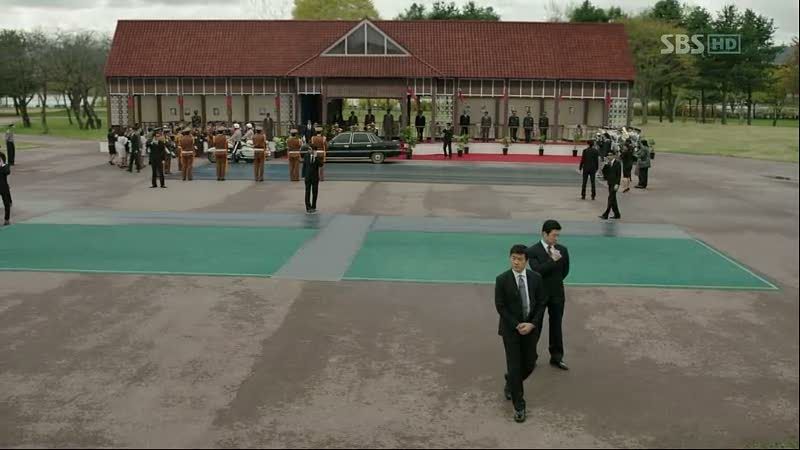
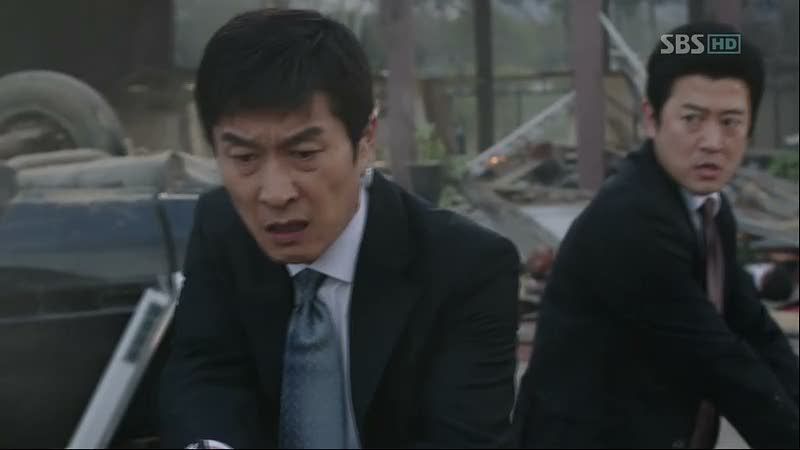
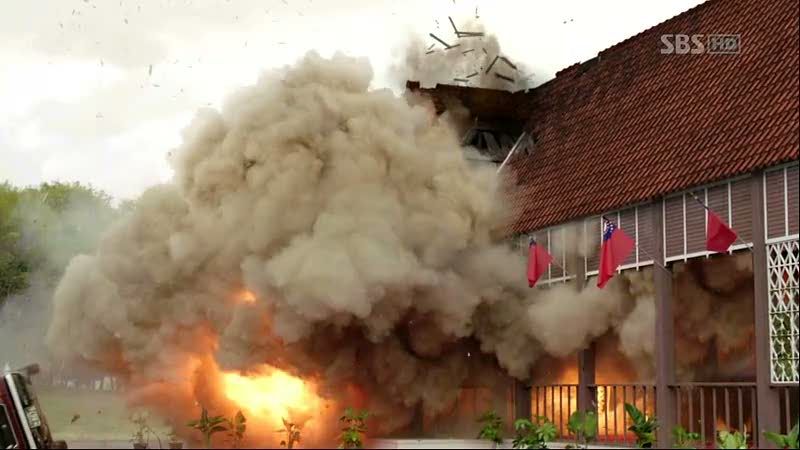
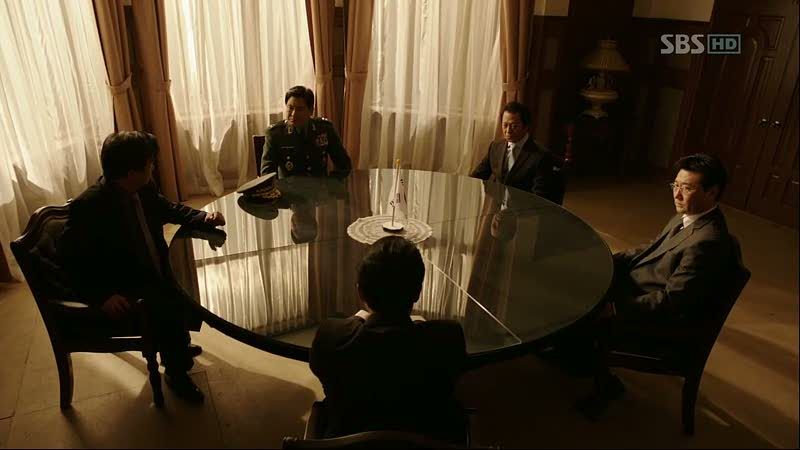
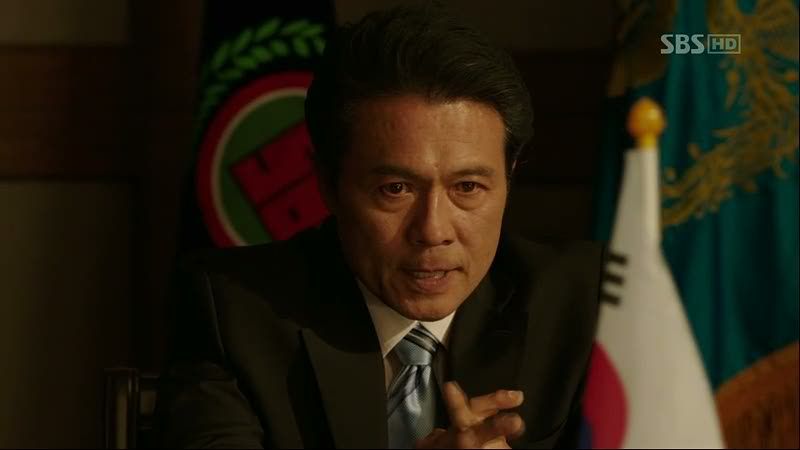
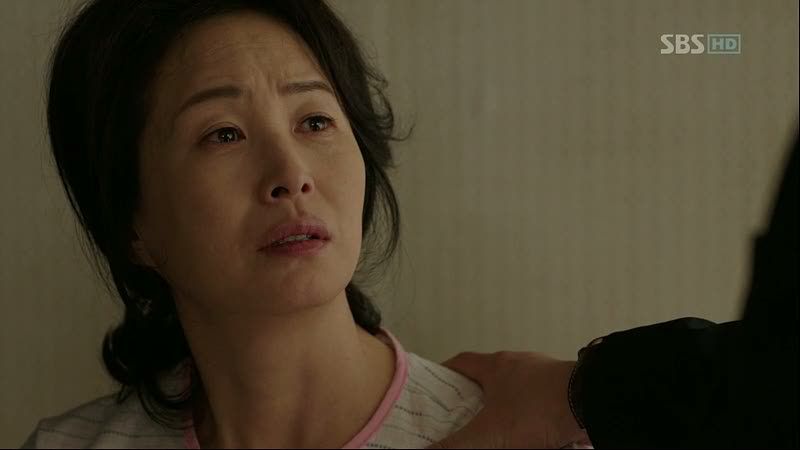
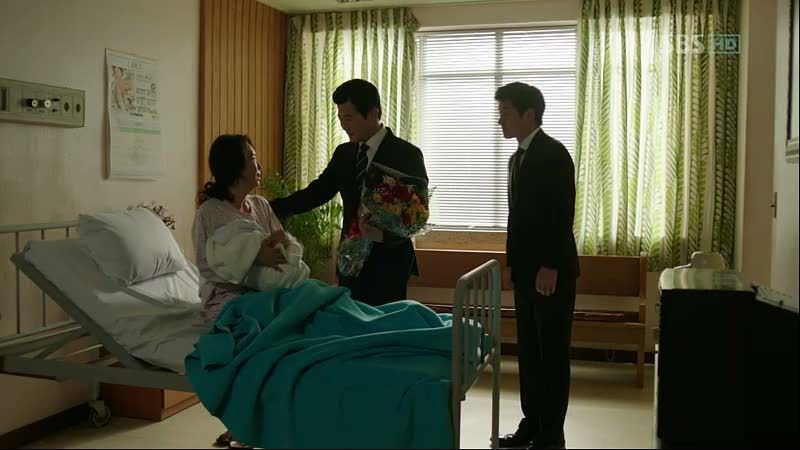

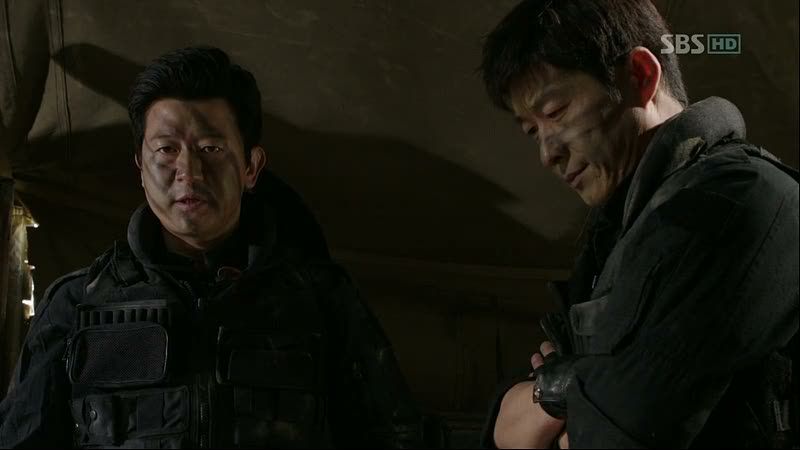
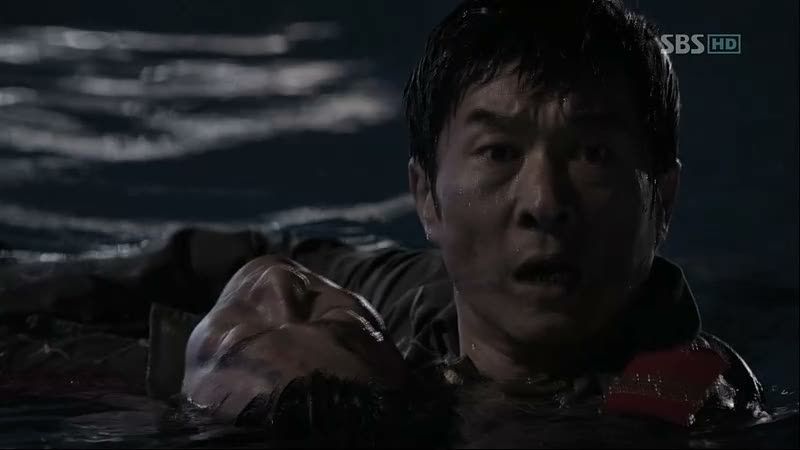

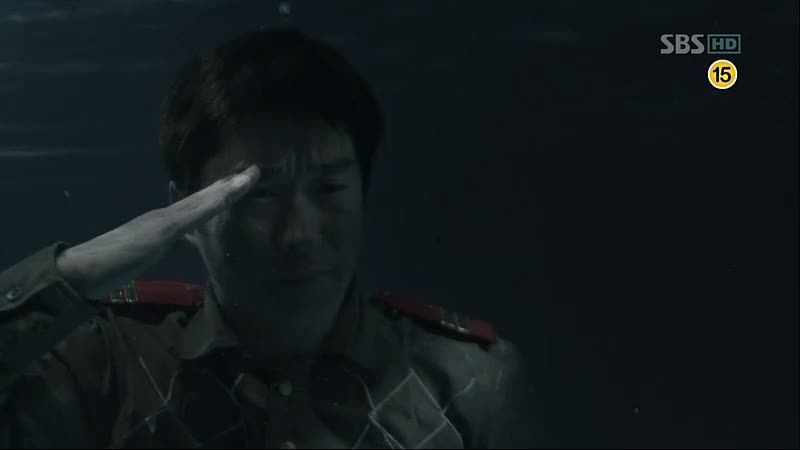
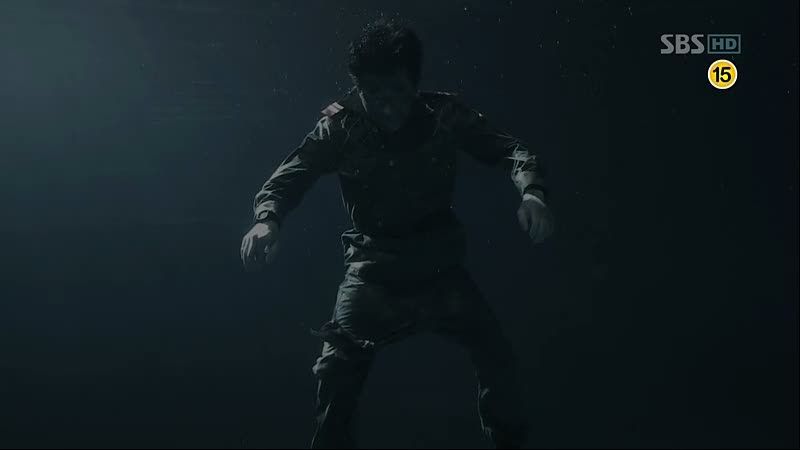
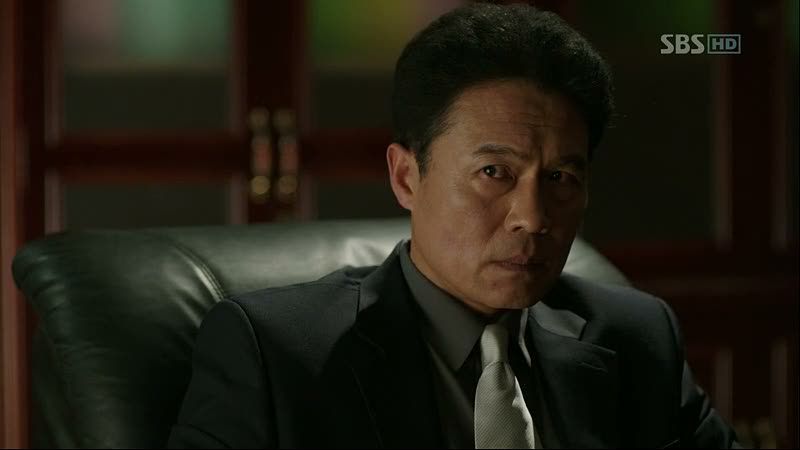

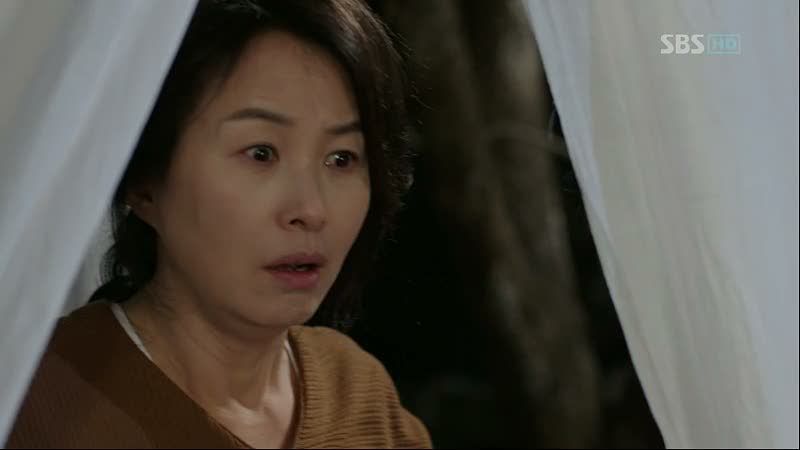
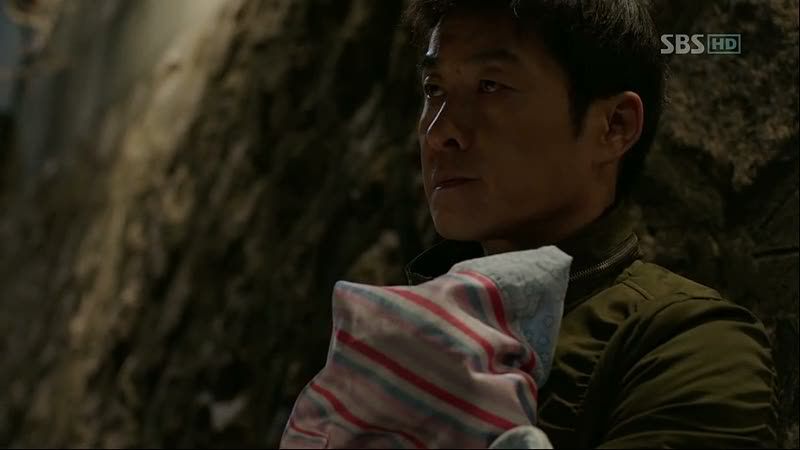
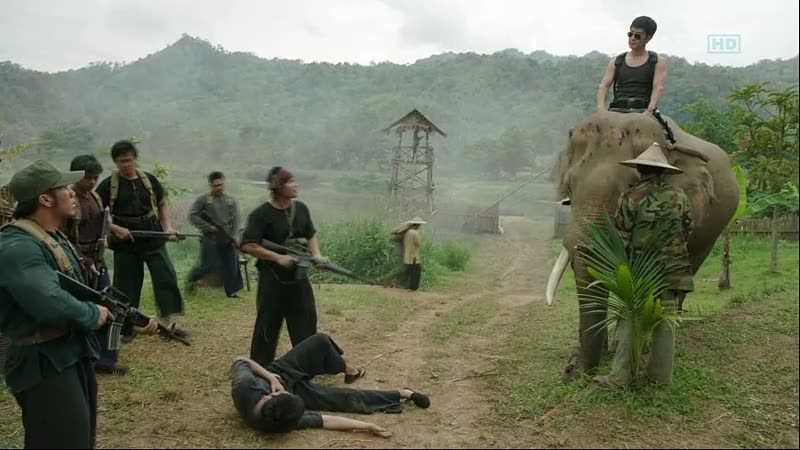
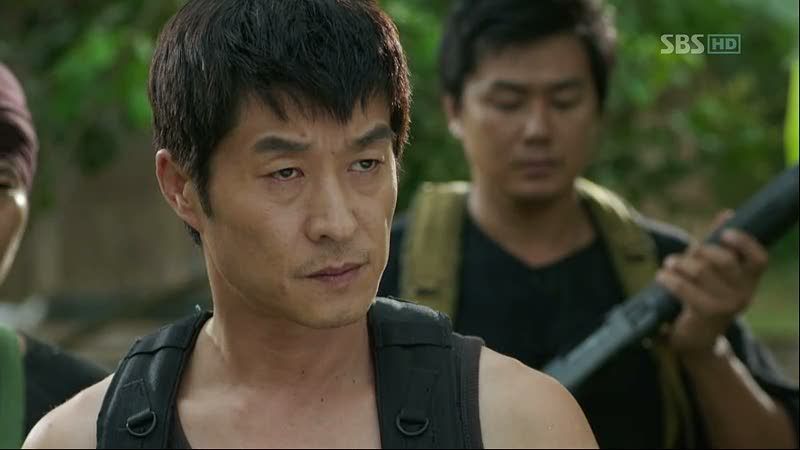
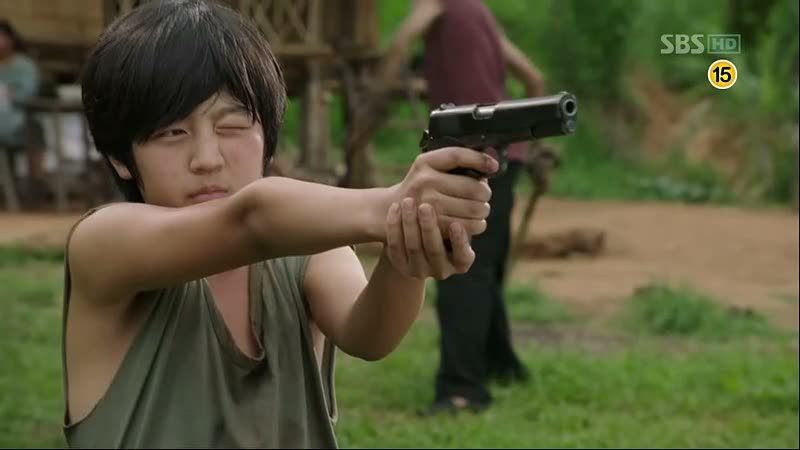
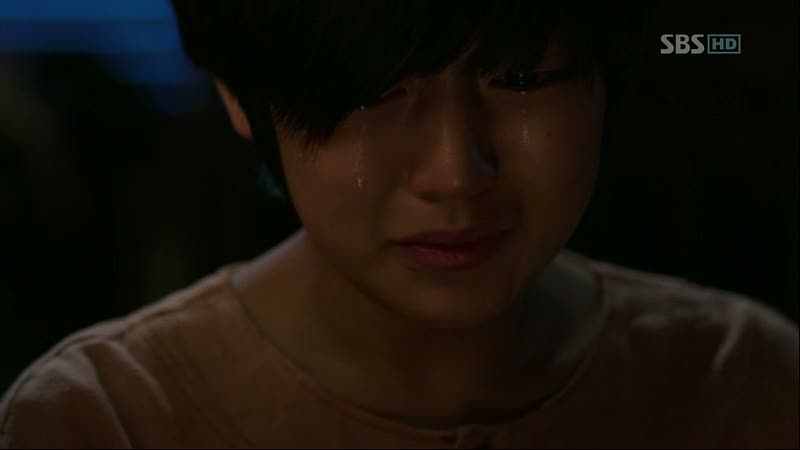
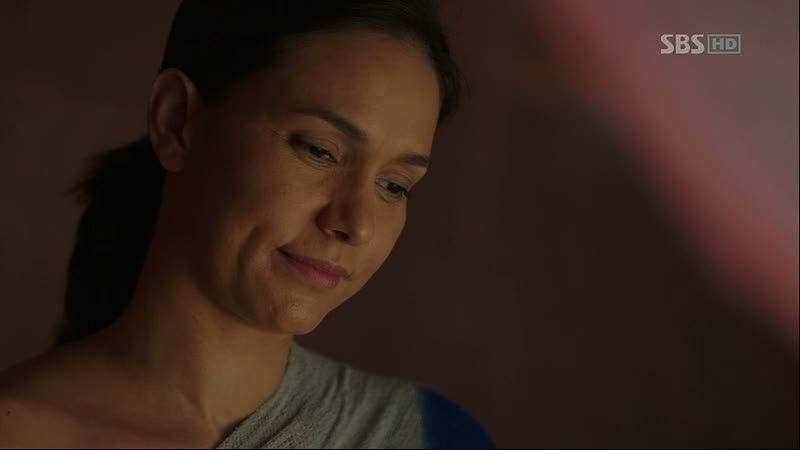
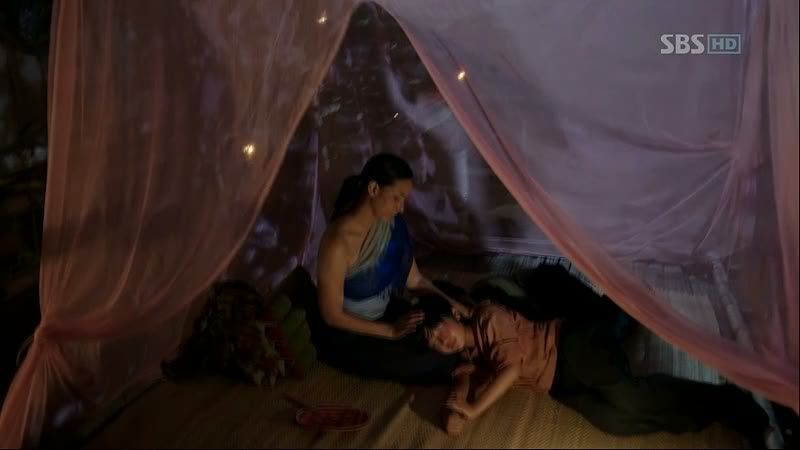
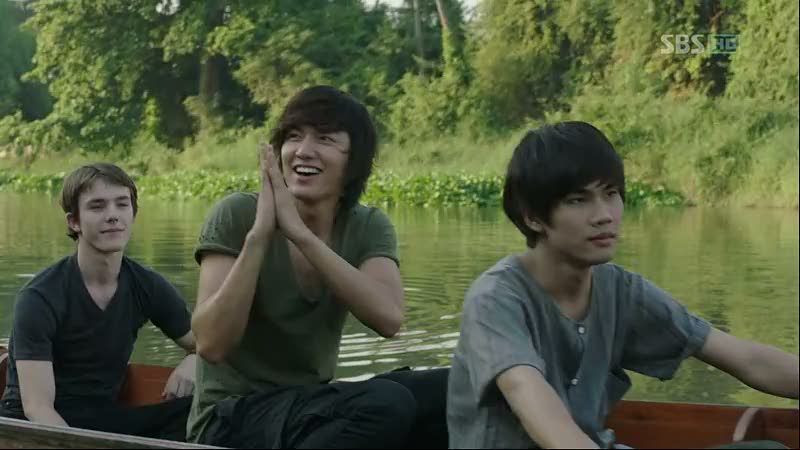
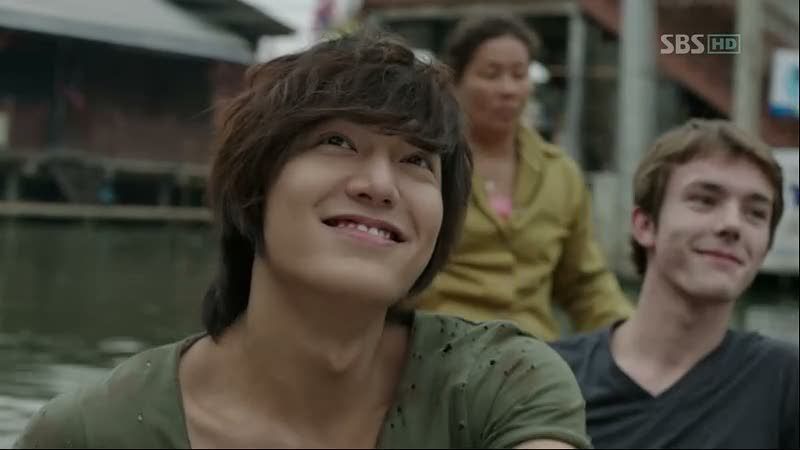


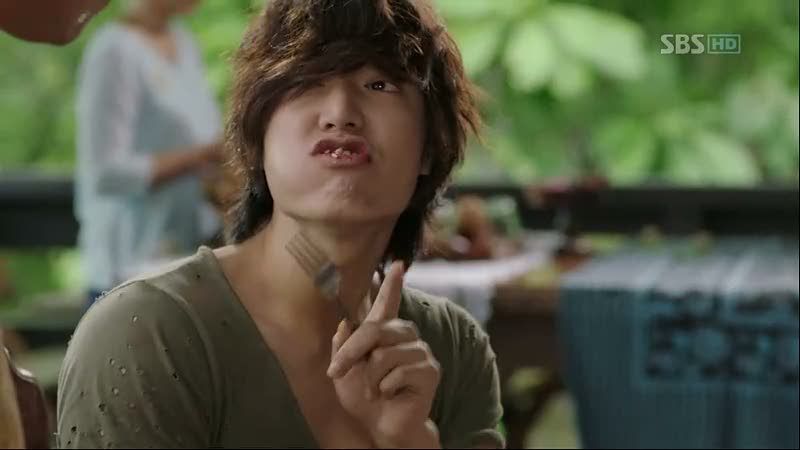

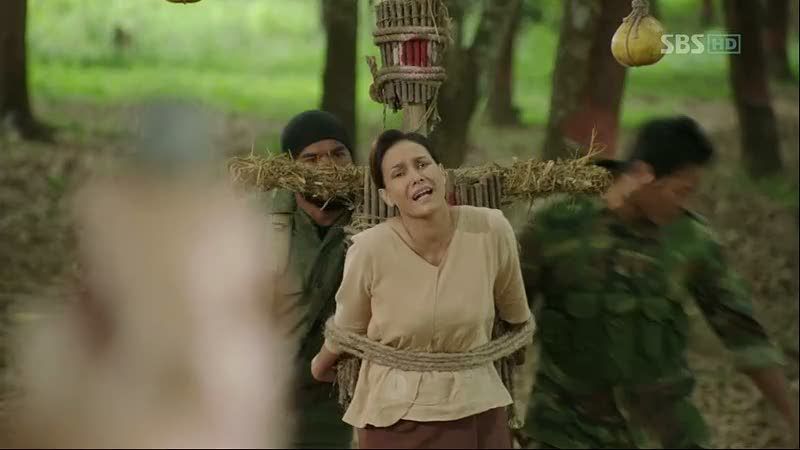
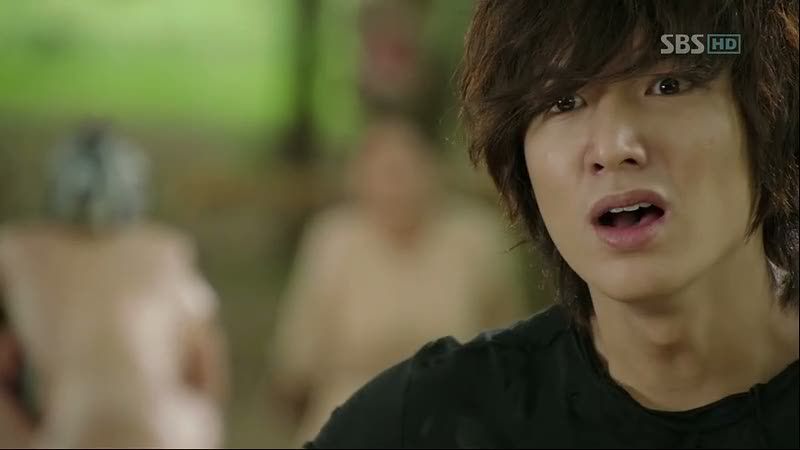
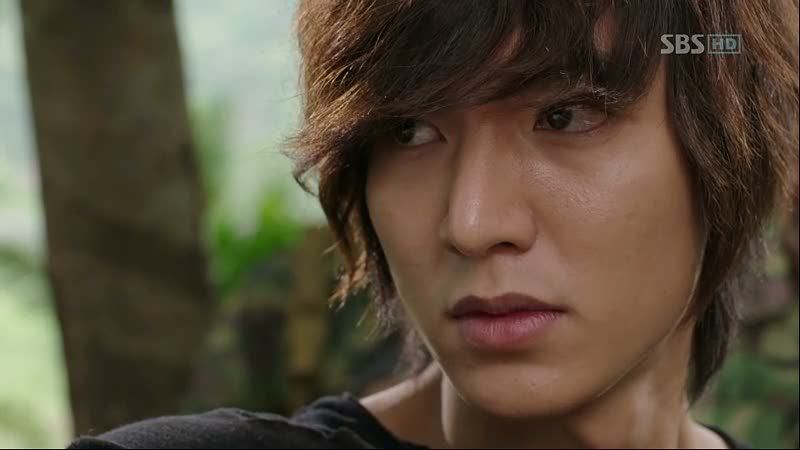
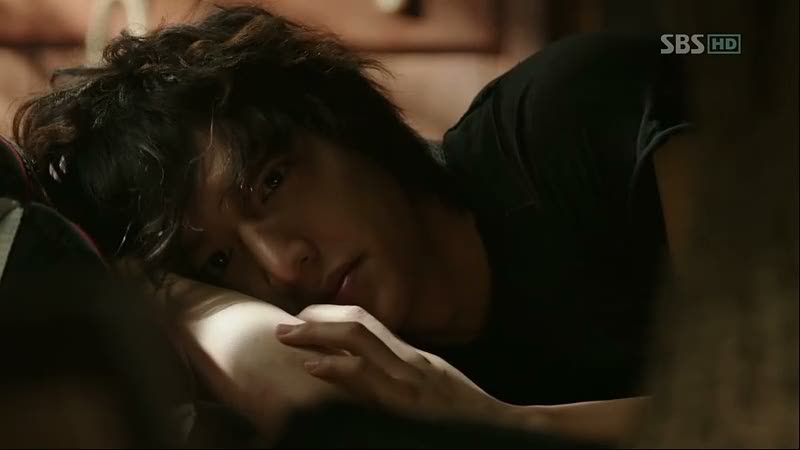
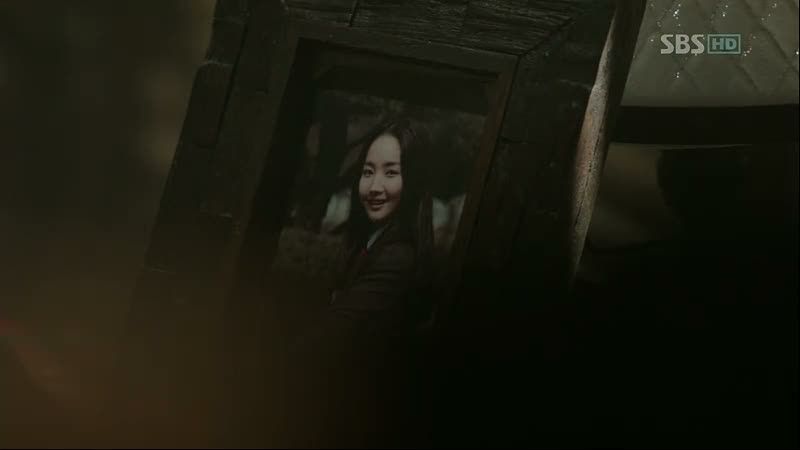
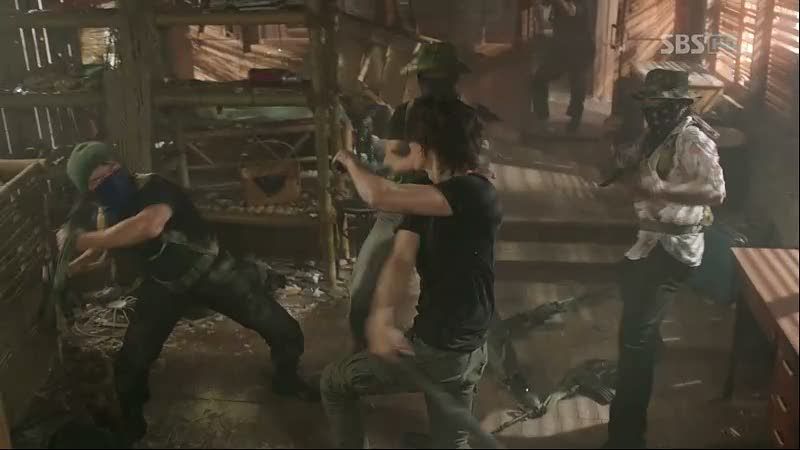
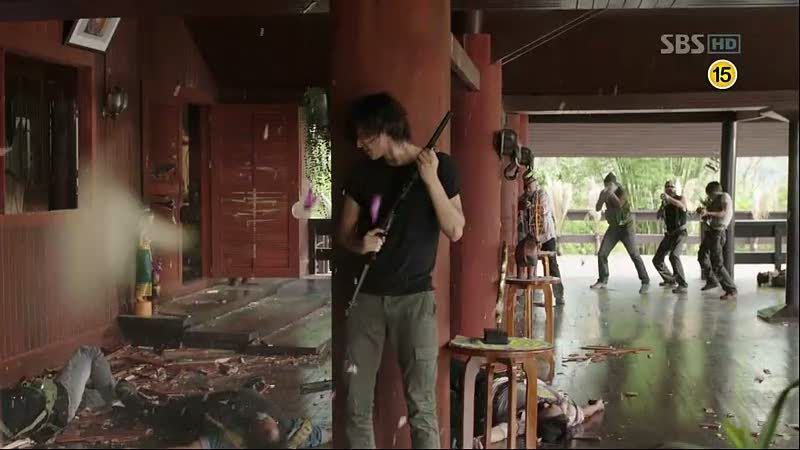
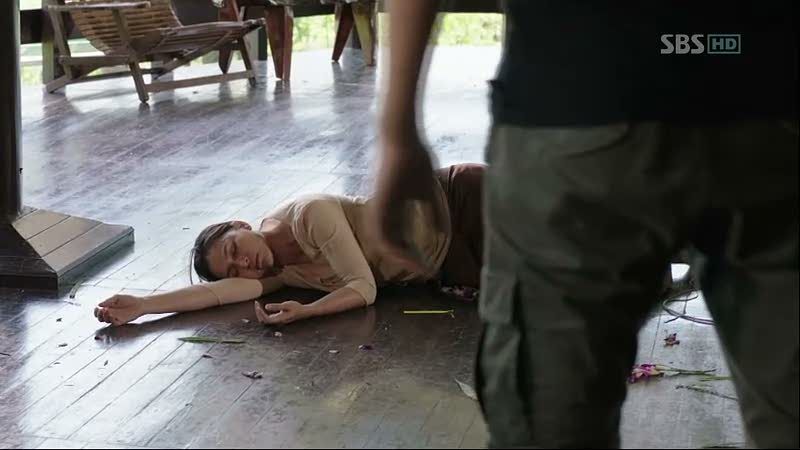
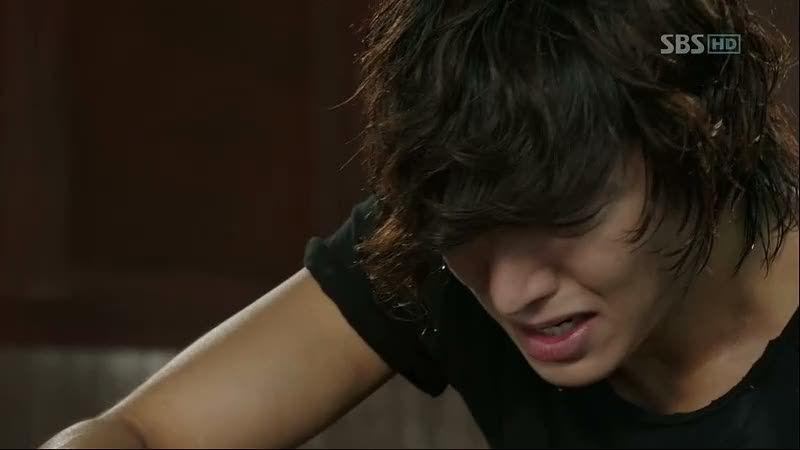
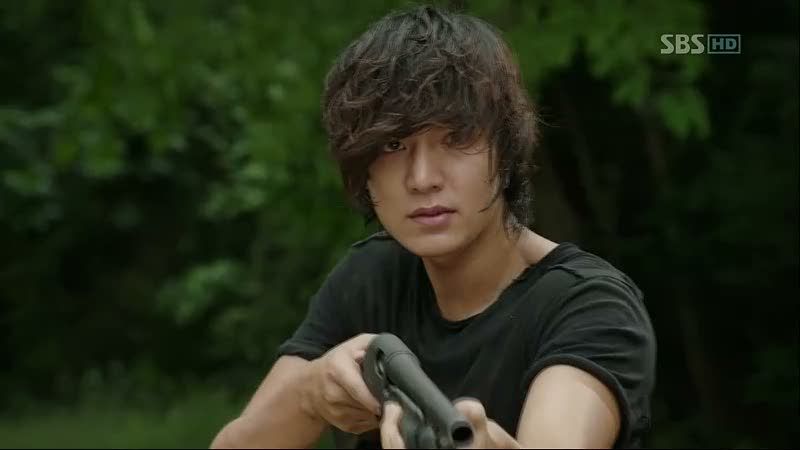

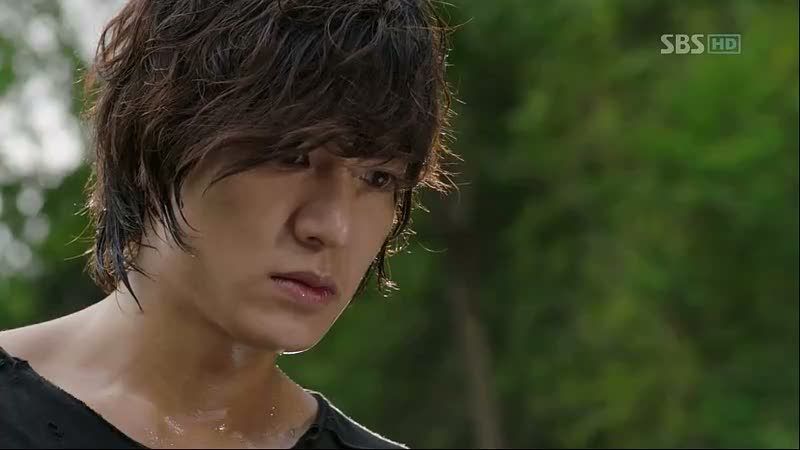
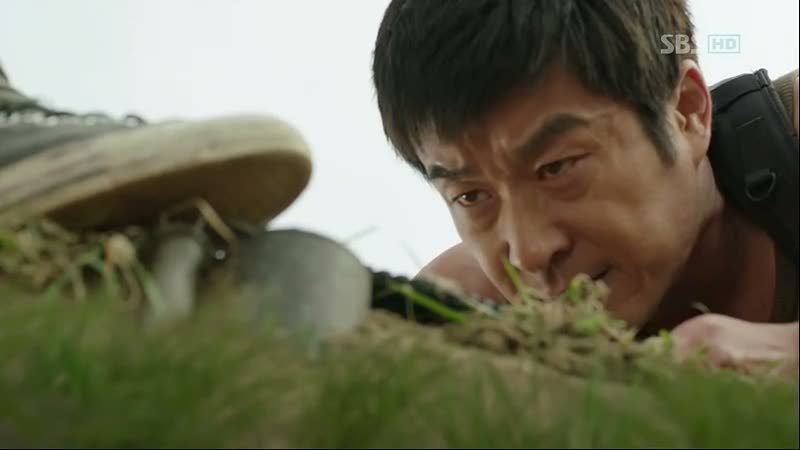

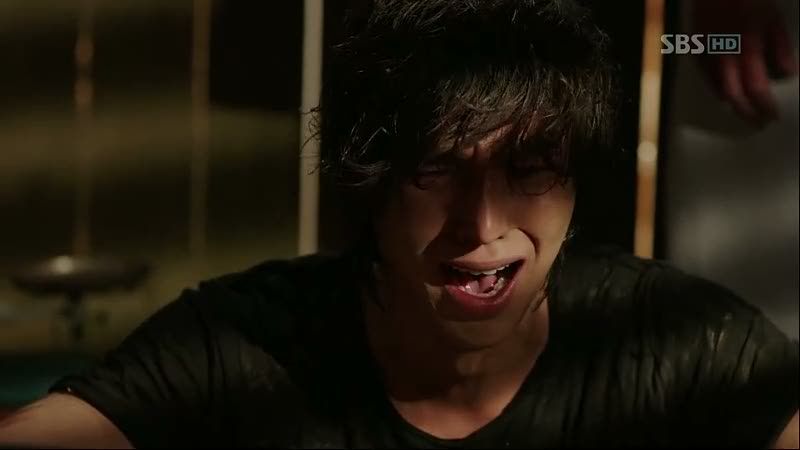
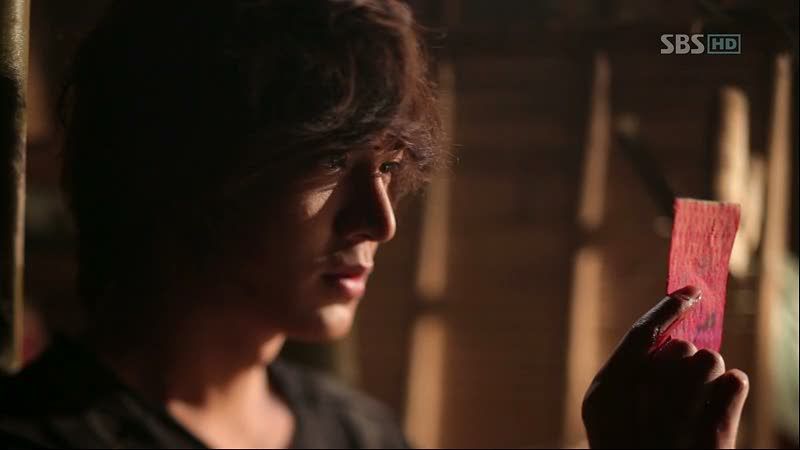
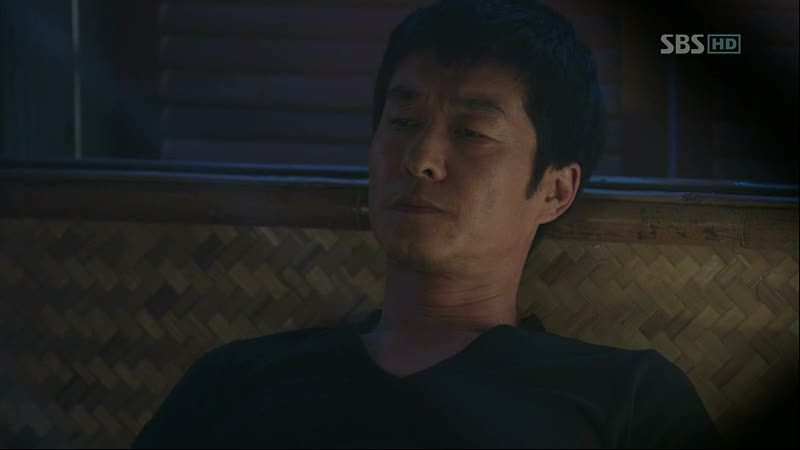
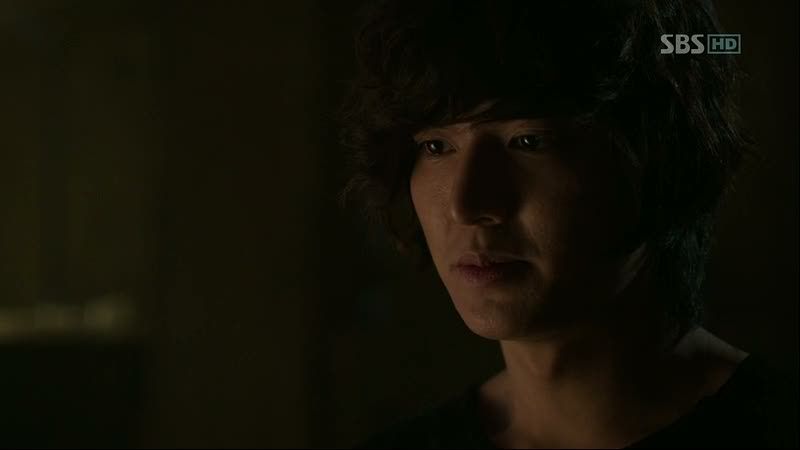
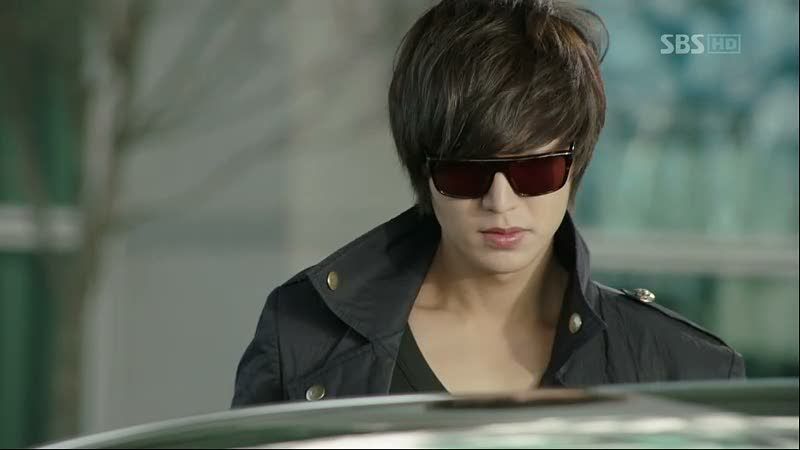

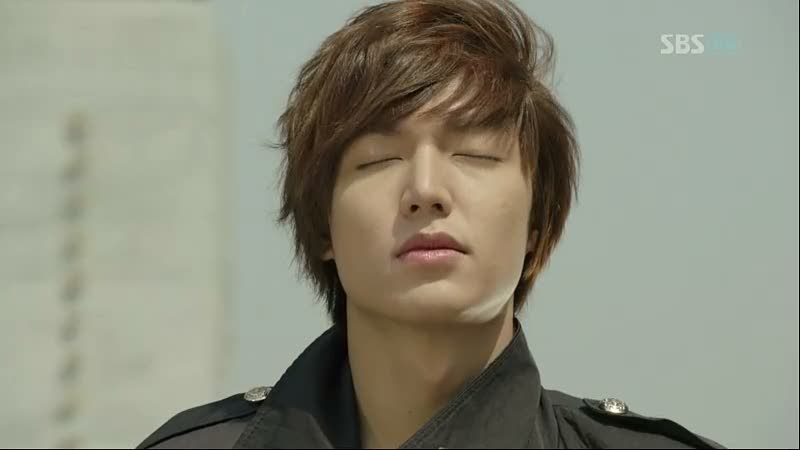
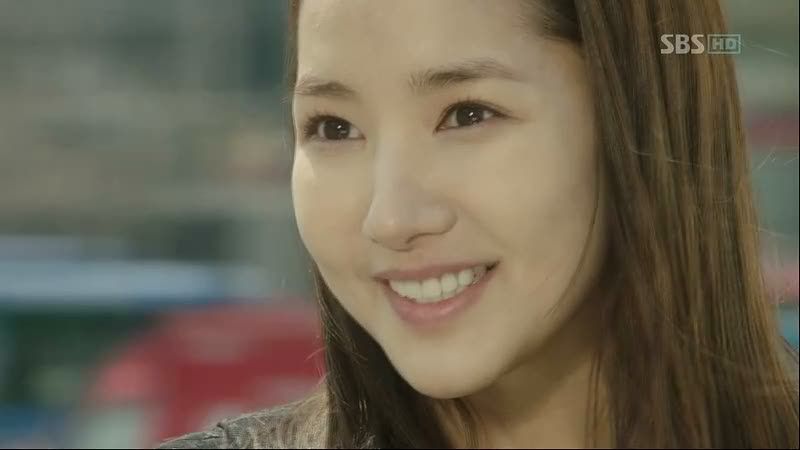
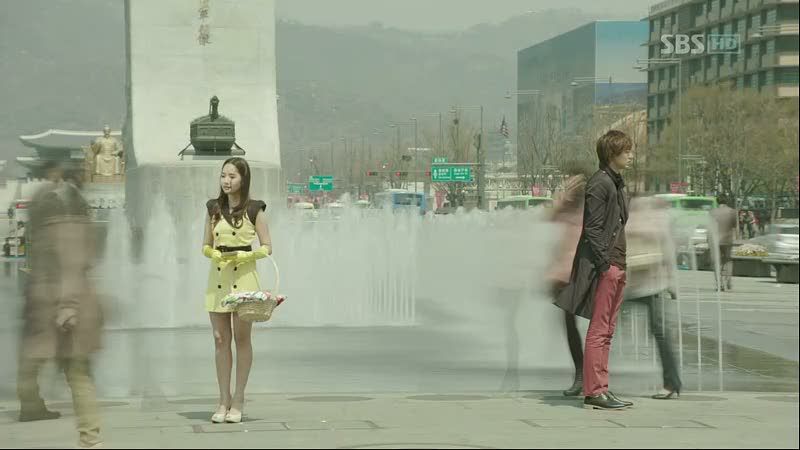
0 komentar:
Post a Comment